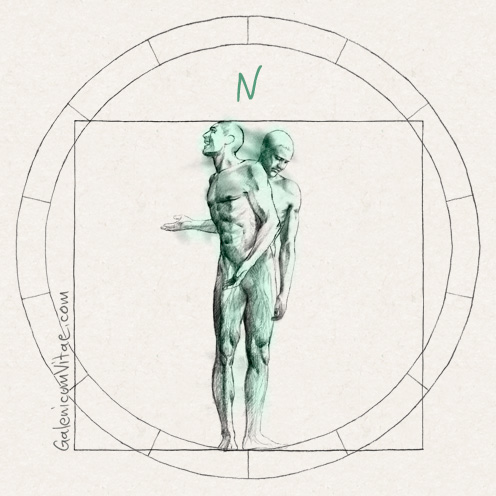Bipolar disorder is a mental illness that leads to sudden changes in mood. It causes sudden and unusual changes from happiness to sadness and vice versa. Sometimes people with bipolar disorder feel very happy and "excited" and much more active than usual, this is called euphoria or mania. And sometimes they feel very sad and "down" and are much less active; this is called depression.
Risk factors. The causes may be genetic or due to improper functioning of the brain areas that deal with the regulation of energy and the emotional state. Bipolar disorder usually begins in the last years of adolescence or early adulthood.
People with bipolar disorder can go from being very active and happy to feeling very sad and hopeless.
Bipolar disorder is not the same as the ups and downs that everyone experiences. Bipolar symptoms are more powerful. Bipolar disorder can also cause changes in energy levels and in behaviour.
It can damage relationships between people and make it harder to go to school or keep a job. Some people with bipolar disorder can get to a point when they end up harming or trying to kill themselves.
The duration of the episodes varies widely, from days to months or even years. Manic episodes are shorter than depressive episodes. Recovery is usually complete although patients sometimes continue to manifest symptoms. In some manic episodes, they often do not realise that they are sick, they feel better than ever, do not accept the treatment and do not understand why others have a different opinion about his behaviour, which puts them in difficult situations both socially and with family. In severe cases there may be psychotic symptoms (hallucinations and delusions).
Bipolar patients are more vulnerable to environmental stress, both physical (lack of sleep, seasonal changes, endocrine (postpartum), overactive, consumption of stimulants...) and emotionally (family conflicts, problems at work...) and this can precipitate manic and depressive relapses.
It should be noted that environmental factors act as triggers, but they should never be considered the cause of the disease.
A very important thing to consider in this disorder is that both the episodes, and the disease itself are pharmacologically modifiable, and complete control of the disease can be achieved in many cases.
Treatment:
- Pharmacological: Necessary and indispensable for all patients. This includes mood stabilisers, among which are lithium, some antipsychotics, antidepressants and certain benzodiazepines, these are different drugs that are very useful.
- Psychotherapy: Aimed at solving problems and coping with stress. This never replaces the pharmacological treatment.
- Psychoeducational: Consisting of helping patients and family members to recognise, manage and prevent complications of the disease.
For more information visit:
What Is Bipolar Disorder?
http://www.nimh.nih.gov/health/topics/bipolar-disorder/index.shtml

 Digestive
Digestive  Blood
Blood Cardiovascular
Cardiovascular Dermatology
Dermatology Genitourinary,
Genitourinary, Hormones
Hormones Infections
Infections Oncology and
Oncology and Musculo-skeletal
Musculo-skeletal Mental health and
Mental health and Parasites
Parasites Respiratory
Respiratory Senses
Senses Various
Various




